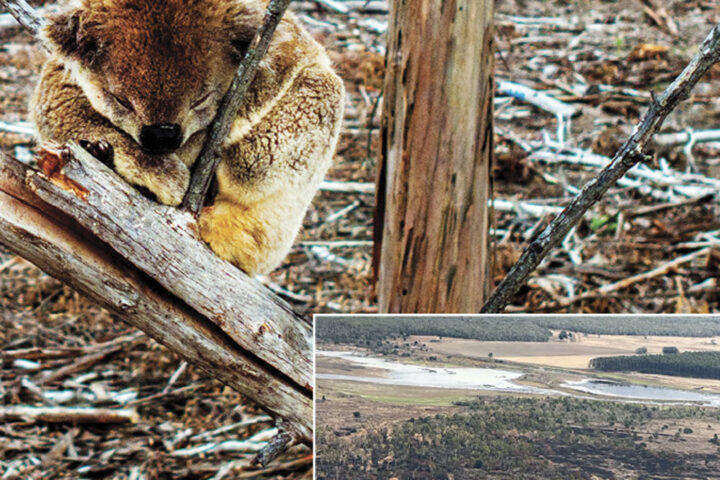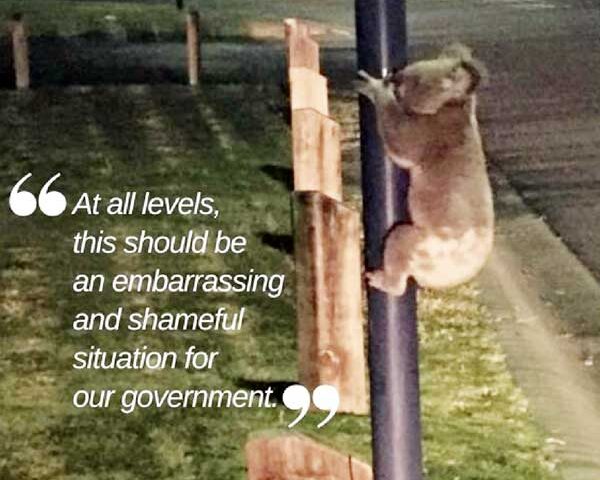JAPAN’S WHALING – SMOKE AND MIRRORS ?
Opinion. Sue Arnold, Co-ordinator, Australians for Animals Inc.
14 April, 2014.
It was very surprising to hear the judgement of the International Court of Justice as many activists have lost faith in the international legal system.
However, the Australian government did ensure that the legal team comprised some of the best international scientific and legal experts. When there could well have been a downgrading of the importance of the case by the Abbott government and a subsequent withdrawal of funds, most environmental organisations were relieved that the challenge remained a priority.
And the decision looked like a way for Japan to withdraw from whaling without losing face, particularly as the Japanese government had said it would abide by the decision.
Now we learn that the Japanese Institute of Cetacean Research has come out with a plan to relaunch whaling in the Antarctic with a revised ” scientific ” whaling program which the Institute claims will meet the requirements of the ICJ judgement.
Australians for Animals Inc. (AFA) is an International Whaling Commission NGO. Although we have not sent representatives to the IWC Convention meetings for some time now as the charity believes these meetings are a waste of time and money. Meetings are regularly held in some of the most inaccessible places in remote countries, costing a fortune to get there with more costs for accommodation and expenses.
IWC Scientific Committee resolutions are generally ignored by the country seeking quotas for scientific research. The IWC has no powers to monitor compliance or to bring sanctions or legal challenges against delinquent nations.
Long ago AFA identified the best legal challenge that would stop all whaling by Japan was under the World Trade Convention (WTO) rules. With the support of international legal experts, the charity pushed hard to get anti whaling governments to take the trade tribunal route without success.
The basis of the legal challenge against Japan is found in the subsidies which Japan pays the whaling industry. An initial subsidy of about 500 million yen ($5 million) a year, or about 10 percent of its costs, grew to about 900 million yen ($9 million) in 2007, and is projected to exceed 5 billion yen ($50 million) for the fiscal year ending Sept. 30. 2014.
These subsidies are WTO illegal according to the experts and would form the basis of a legal challenge which could see a WTO tribunal make a finding which would prevent Japan from subsidising the whaling industry. Thus ending whaling.
Unfortunately, the anti whaling nations are gung ho on free trade, globalisation and ensuring that trade sanctions, used in the past to bring Norway, Japan into line under the IWC, were no longer acceptable. With free trade agreements being negotiated with Japan the likelihood of any anti whaling nation taking action in the WTO would have been miraculous.
There’s an urgent need to clarify whether trade sanctions can be used to bring delinquent nations into line when they have ratified multilateral environmental conventions and continue to flout the rules. The WTO does make it possible for tribunals to rule in support of the environment and limited ” living resources” yet no country has taken up the task.
Only member nations can bring about legal challenges under WTO rules. So once again trade trumps the environment and in this case, Japan will find many ways to overcome the ICJ ruling to suit its own purposes.
The court ruling has not barred Japan from whaling in its own coastal waters.
It has not barred Japan from selling whale meat.
It has not prevented Japan from whaling in the North Pacific.
It has not prevented Japan from seeking a new ” scientific ” whaling program at the IWC.
If the IWC failed to approve a new ” scientific ” whaling program, Japan could continue to ignore the lack of support by the Scientific Committee and insist that it is justified in whaling in the Antarctic by reason of a ” new scientific program”.
And on it goes. If anyone wants to lay the blame at the feet of the real culprits, it was the Bush administration that so weakened the IWC rules, and that significant weakening has been pursued by the Obama administration.
Free trade is the greatest threat to the global environment and to whales in particular.
And finally, its quite disheartening if not disgusting to listen to some of the environmental organisations pat themselves on the back, claiming credit for the win at the ICJ. The challenge and the events leading up to the Rudd government mounting the challenge were the result of many efforts by legal experts, scientists, environmentalists and the general public.
If Sea Shepherd had not mounted such massive and visible opposition to the Antarctic kill it’s doubtful that whaling would have had such a high profile.
Consideration for the whales and their future in the face of many massive threats should be the only concern we focus on.
ends






